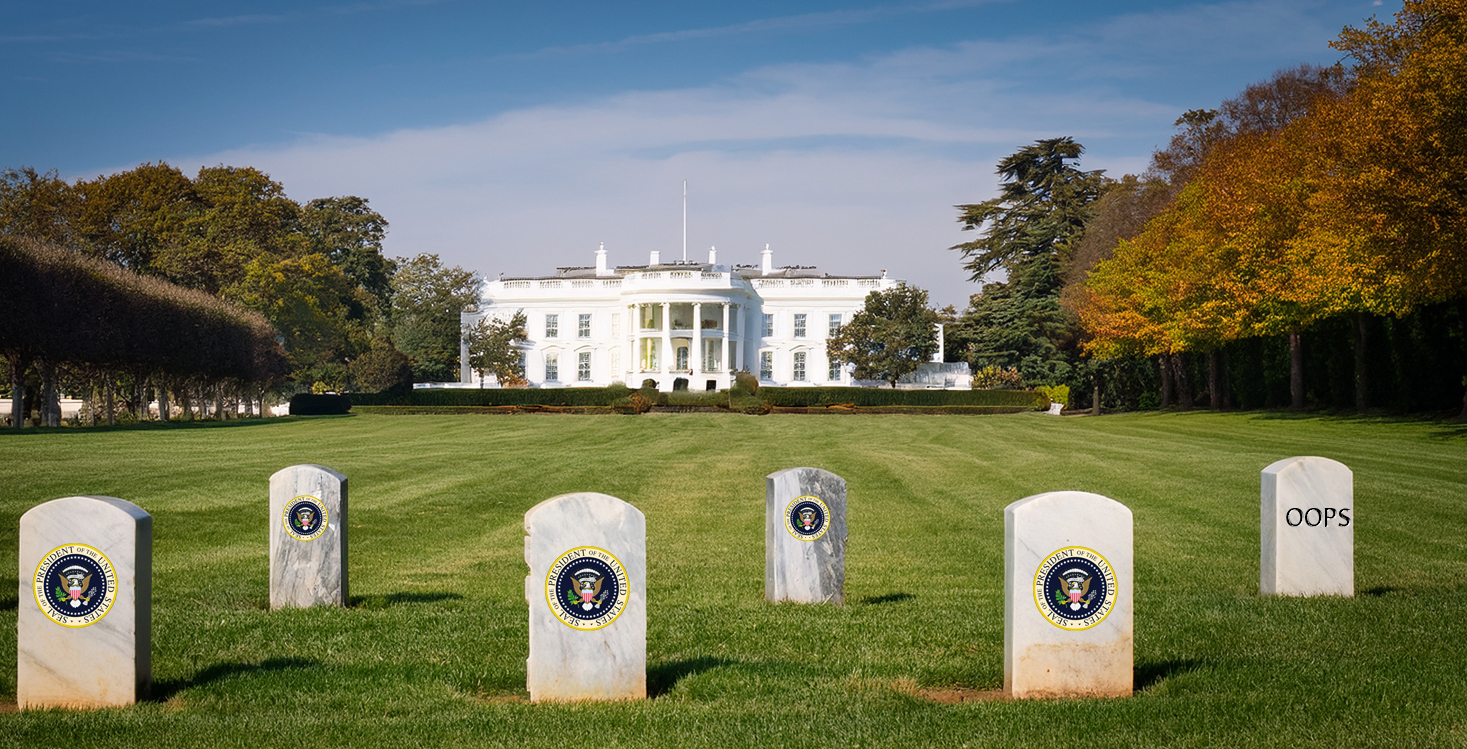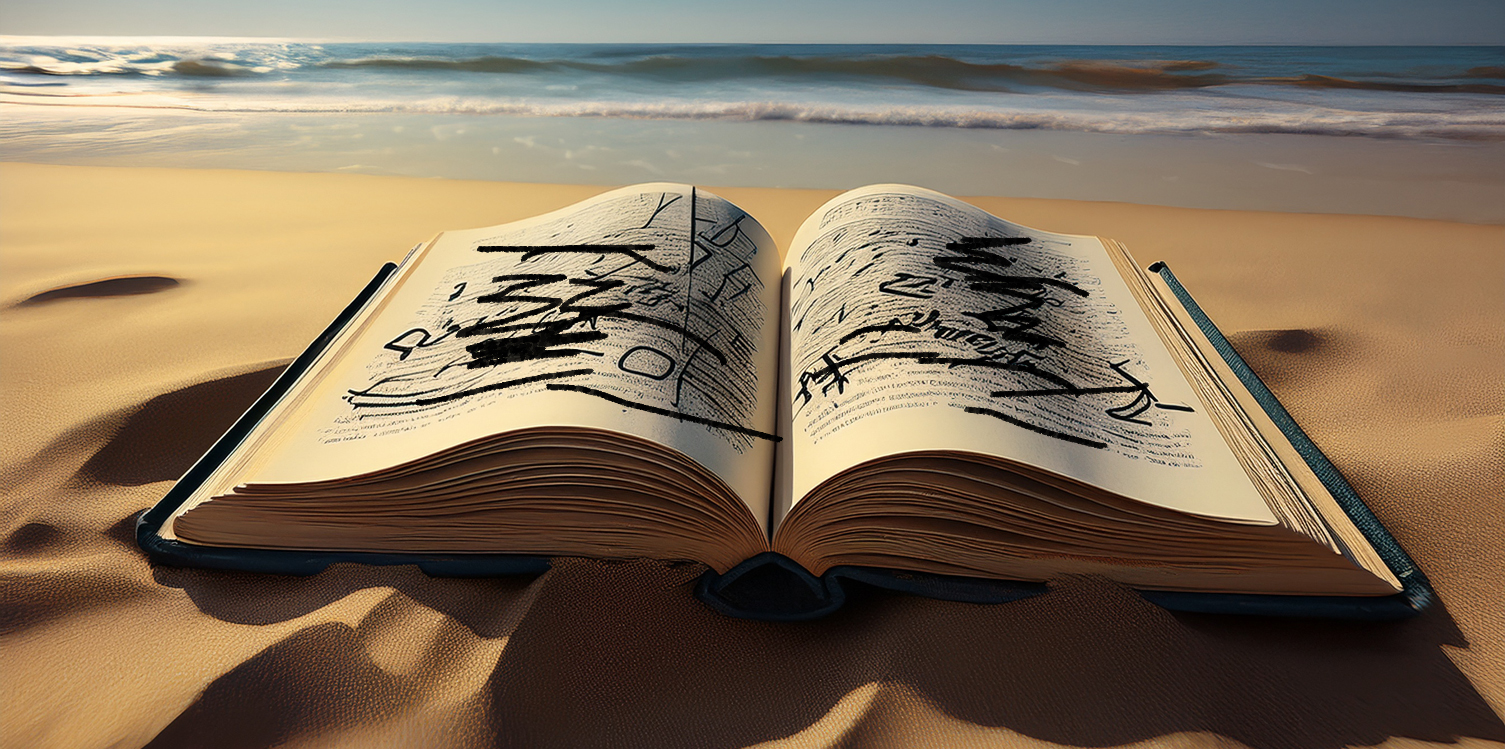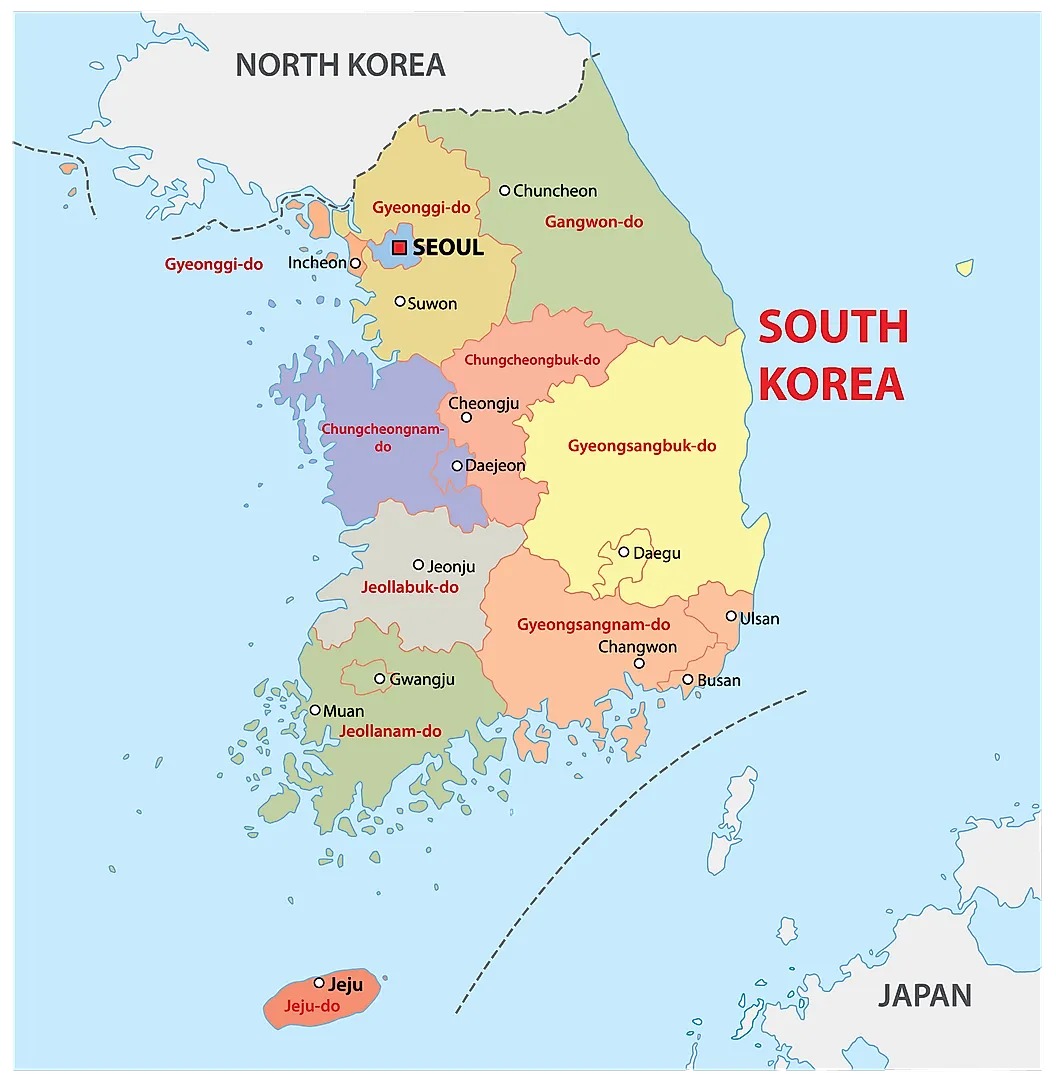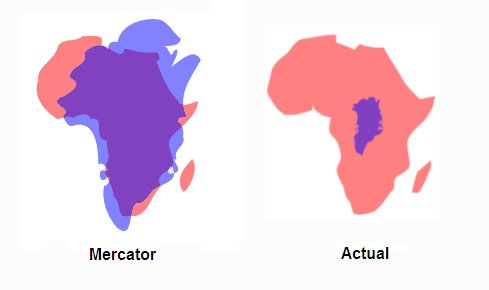
PORT FOURCHON, La (TheSkunk.org) — BP announced today it will spend $50 million to build a museum dedicated to the plants and animals that have become extinct as a result of the company’s disastrous oil spill in the Gulf of Mexico.
“We know how much the local flora and fauna — especially the marine life — has meant to the citizens of Louisiana over the last several hundred years,” said BP President Tony Hayward. “That’s why we feel it’s important for future generations of Louisianans to get a first hand glimpse of what life was like for their ancestors — for example, to see what a crawfish looked like, or touch a fossilized blade of marsh grass.”
According to BP, the museum will take between 6 months and 14 years to complete and will be located on the former marshlands of the Louisiana coastline.
“This is our gift to the people of Louisiana,” said Hayward. “Your grandchildren will be able to see an authentic pelican skeleton, look at a 3-D photograph of shrimp creole, and take home genuine replicas of oyster shells.”
In addition, Hayward said children will have the opportunity to climb aboard the deck of a reconditioned shrimping boat.
In exchange for building the museum, BP has asked for unlimited off-shore drilling rights.
“It’s a win-win situation,” declared Hayward. “The museum will bring in millions of dollars to help the people of Louisiana transition from a thriving economy based on bountiful natural resources, to one based on commercial exploitation of a bygone era — and BP gets unfettered access to the oceans, without concerns about environmental harm, since all the animals will be dead and on exhibit in your museum.”
Republican Governor Bobby Jindal endorsed the project, and thanked BP for the sensitivity and understanding they have shown the people of his state.
“This is capitalism at its best,” Jindal told reporters, “and another example of how the free enterprise system is way better than government regulation.”



